HOME > Basketball
Why didn’t Wang Zhizhi achieve results in the NBA? Unlucky and personality problems
12:50am, 20 June 2025【Basketball】
On June 19, Wang Zhizhi was one of the most talented players in Chinese basketball history and the first Asian player to enter the NBA. However, his career in the NBA failed to reach the expected heights, which was both the limitations of the times and the influence of personal personality factors.
###1. Restrictions on the times
1. **The huge difference in basketball culture between China and the United States**
When Wang Zhizhi joined the Dallas Mavericks in 2001, the NBA's acceptance of international players was far less than that of now. At that time, the team's management and coaching staff generally lacked understanding of Asian players, let alone special training plans. Although the Mavericks are known for their internationalization, their positioning for Wang Zhizhi is always a "high-end turret" substitute, and they have never given him the training resources for core players. This is in sharp contrast to the tailor-made training program obtained by Yao Ming later.
2. **The constraints of the Chinese basketball system**
At that time, Chinese basketball was still in the early stages of the professional team system to professionalization. The Bayi team and the national team have absolute control over Wang Zhizhi, and the "no return incident" that broke out in 2002 is a concentrated reflection of this contradiction. When Wang Zhizhi hoped to stay in the United States to participate in the summer league to improve himself, the Basketball Association forced him to return home on the grounds of "preparing for the Asian Games", which eventually led to a four-year ban on the national team. This incident completely disrupted Wang Zhizhi's NBA development pace.
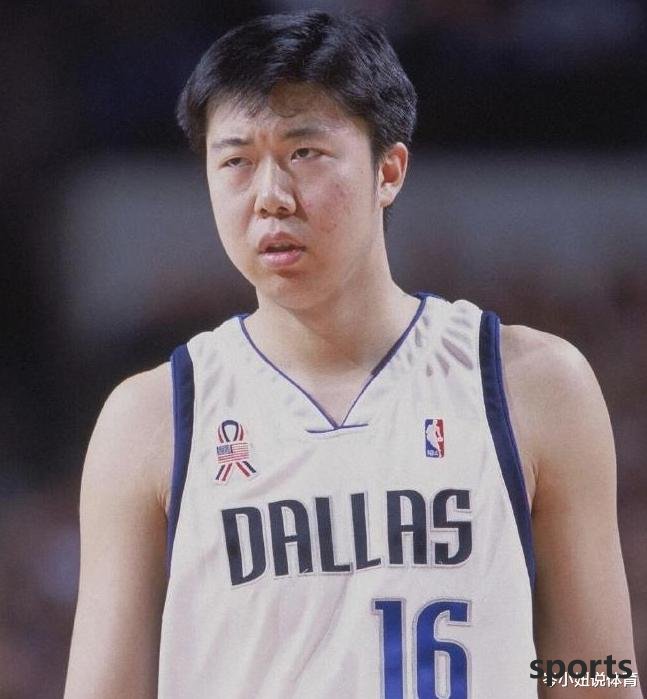
3. **The dislocation of technical characteristics and the needs of the times**
Wang Zhizhi has a height of 2.14 meters and excellent shooting feel, which is a rare advantage. But the NBA in the early 21st century is in the era of hand-to-hand combat in the interior, and each team needs low-post killers like O'Neal and Duncan. Wang Zhizhi's defense and rebounding ability are relatively weak, making it difficult for him to obtain stable playing time. Ironically, if he was born ten years later, he might become the space-type fifth position that teams compete for in the small ball era.
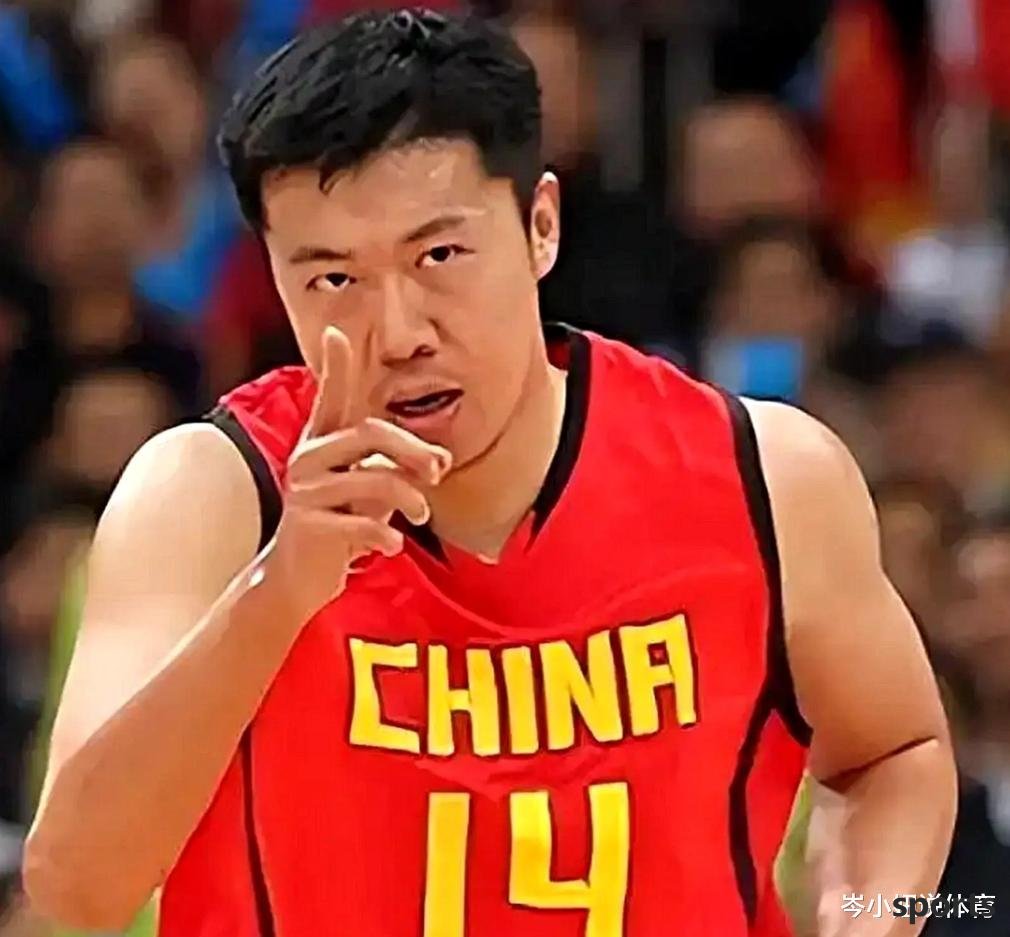
###2. Characteristics of personal character
1. **Introverted personality influences adaptation**
Different from Yao Ming's communication personality, Wang Zhizhi is introverted and silent. Former teammate Nash once recalled: "He always sat quietly in the corner of the locker room alone." This personality made it difficult for him to take the initiative to fight for opportunities, and also affected his communication with the coaching staff. During his time with the Mavericks, he never fully understood the team's tactical system, and there were often problems with the rotation position during defense.
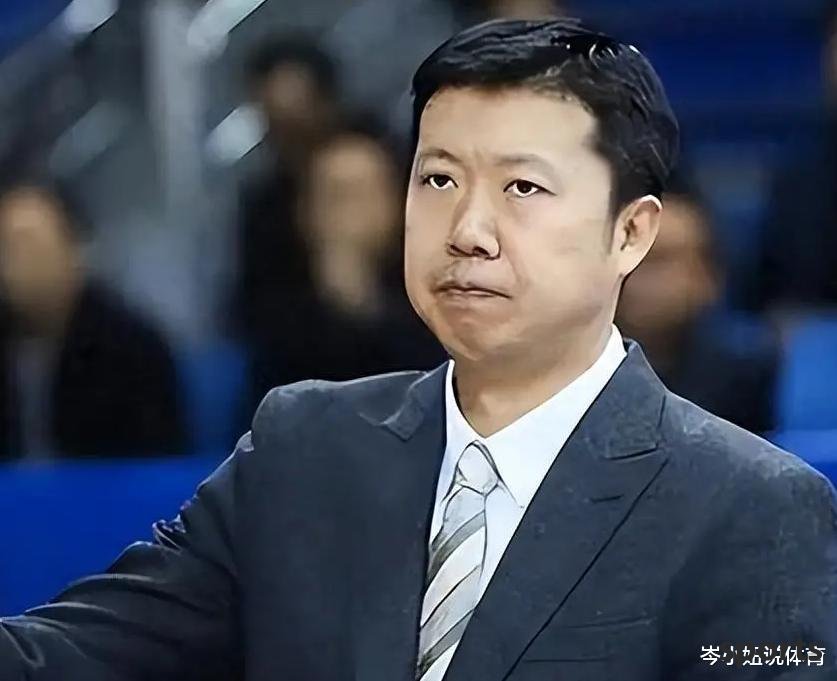
2. **Limitations of psychological endurance**
In the face of fierce competition and cultural impact of the NBA, Wang Zhizhi showed obvious discomfort. After transferring to the Clippers in 2003, he gradually lost confidence due to poor performance. Dunleavy, then Clippers coach, pointed out: "He cared too much about every mistake, and this perfectionism actually restricted his performance." In contrast, although Yi Jianlian also experienced a trough, he always maintained a strong psychological resilience.
3. **Career Planning Mistakes**
Wang Zhizhi has been in the NBA for five years, but has never found a clear direction of development. He refused to develop three-point range (at that time, the NBA big shots were not popular yet), and he failed to increase weight in a targeted manner to improve his ability to fight. When joining the Heat in 2005, Riley suggested that he transform into a defensive inside, but it was ultimately failed to implement it. This ambiguity in career planning makes him always wander on the edge of team rotation.
###3. Reexamination of historical status
1. **The historical value of the Trail Blazers**
Although his NBA career is not satisfactory, Wang Zhizhi's pioneering significance cannot be ignored. He is the first Asian player to score in the NBA playoffs (versus the Timberwolves in 2002) and the first Chinese player to win the NBA championship ring (with the Heat in 2006). These achievements paved the way for Yao Ming and Yi Jianlian later.
2. **Bridge of Sino-US basketball exchanges**
Wang Zhizhi's experience prompted the Chinese Basketball Association to begin to reflect on the talent training model. After he returned to the national team in 2006, the Basketball Association significantly improved the management system for players' overseas development. Yao Ming's successful growth in the NBA was partly due to the institutional improvements obtained by Wang Zhizhi at his personal expense.
3. **The advancement of technical style**
From the perspective of historical development, Wang Zhizhi's technical characteristics are surprisingly forward-looking. His skillful face-frame offense and precise mid-range distance are precisely the mainstream requirements of today's NBA for big men. The comprehensiveness of his technical performance when he led the Guangdong team to win the championship in 2011 proved that he had the talent to play in a higher level league.
###4. The revelation of comparative research
Comparison of Wang Zhizhi and Yao Ming's NBA career is particularly heart-warming. The key to Yao Ming's success is that the Rockets are specially equipped with Chinese translators and personal coaches; the Chinese Basketball Association gives full autonomy; I actively learn English and integrate into local culture. These are exactly the support systems that Wang Zhizhi lacks.
Also as a Chinese player, Zhou Qi's failure with the Rockets in 2018 repeated some of Wang Zhizhi's dilemma to some extent. This reminds us that the success of a single player requires mature institutional guarantees, scientific career planning and continuous psychological construction.
Looking back at Wang Zhizhi's NBA journey is not only a regret of his personal destiny, but also a necessary pain in the process of internationalization of Chinese basketball. His experience proves that the growth of top athletes has never been just a technical problem, but also a systematic project of cultural adaptation, institutional support and psychological construction. Today, the NBA has the footprints of eight Chinese players, and each path reflects the difficult exploration of the Trail Blazer back then.
HelpsGamesRelated Posts
- Curry made the wrong choice as a substitute? Hardaway Jr. has diverse offense and is more suitable for the Warriors than Hield.
- 9 people performed well, the two heroes of 2009 "fighted with gods", who was the best player on the 15th?
- Wenban Yama s latest figure! Crazy transformation!
- A flash in the pan! The regret of the first generation of white horse spear!
- European Cup sad and happy night: Four teams qualify for three consecutive victories, and Doncic still finds a victory for 39+9
- Lakers news: James creates another miracle, Doncic polishes his weaknesses, American News suggests Sohawikins
- Very dissatisfied with the progress of the negotiations. The 76ers star in the backcourt may choose to sign a qualification offer?
- Analysis of Yang Hansen s second game performance in the summer league: Pros and cons are revealed
- Harden s 81.5 million details in two years: Keep the full middle class for the Clippers and no maximum salary after leaving the Rockets
- The top 50 players in the NBA s lowest winning rate are & No. 4 pick is shortlisted, the regicide is listed, and the number one declining god is only 20%
Hot Posts
- Curry made the wrong choice as a substitute? Hardaway Jr. has diverse offense and is more suitable for the Warriors than Hield.
- 9 people performed well, the two heroes of 2009 "fighted with gods", who was the best player on the 15th?
- Wenban Yama s latest figure! Crazy transformation!
- A flash in the pan! The regret of the first generation of white horse spear!
Recommend

21 free agents in 2026: James may cause trouble, KD looks forward to staying in the team, and the five Clippers are on the list

Completed "four points" 109 times! Harden is the player with the most 3+1 in history, Curry is the second

Playing time has increased significantly, but the performance of the Pacers new backcourt stars has declined significantly?

Clippers 133-127 Mavericks 2 happy and 2 sad! Bogdan finally recovered, Los Angeles should give up, not suitable for the starting lineup
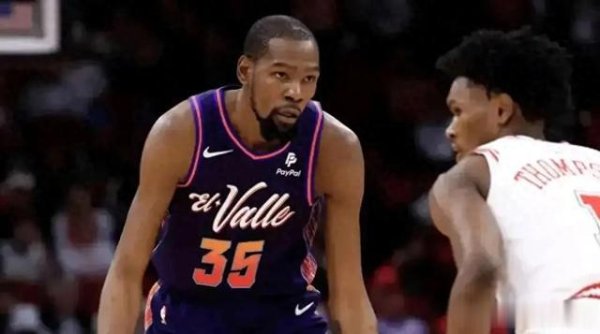
The Rockets are showing off the King of Sea + Shin Kyung + Durant + Van Jordan + Amen. This lineup is really amazing

Started the game and scored only 2 points on 1 of 5! Warriors fans were entertained!
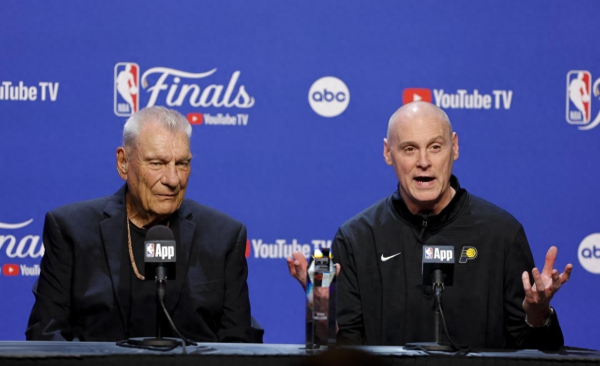
Pacers have four major advantages! They are likely to win the NBA championship
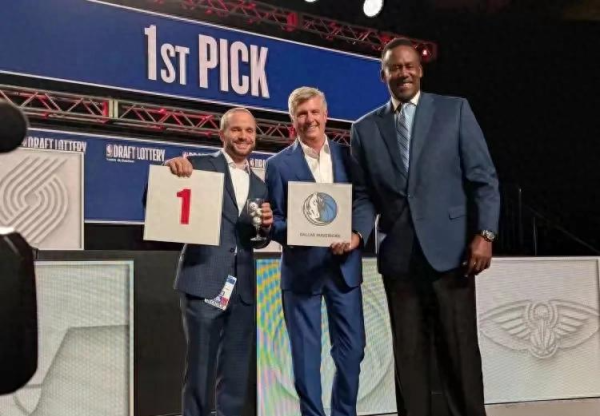
Congratulations to the Mavericks for winning the No. 1 pick! The alliance conveys three messages to everyone!